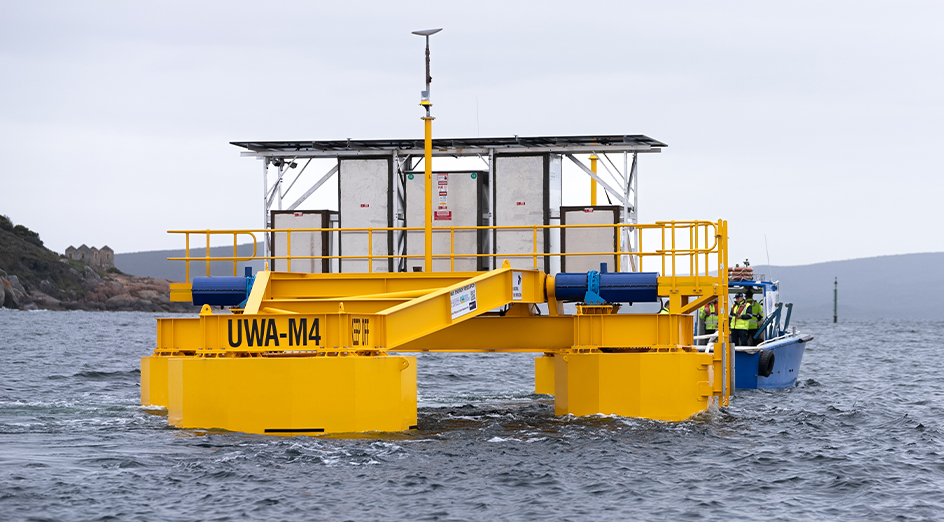Townsville City Council has ramped up its proactive mosquito management activities following recent rains.
Rainfall ranging from 60-200mm across the city in the past month has led to several larval hatchings to occur in known mosquito breeding sites spanning from Balgal Beach to Cungulla.
Two aerial treatments have been undertaken covering approximately 450 hectares. Ground treatments have also started and will remain ongoing across the city for the unforeseeable future.
Community Health, Safety and Environmental Sustainability Committee chairperson Maurie Soars said it was important Council was acting proactively to eradicate mosquitos.
“Some areas of Townsville have seen well over 100mm of rainfall in the last month, and with a La Niña weather pattern being declared, we could be heading for a more traditional wet season this year,” Cr Soars said.
“It’s common for Townsville to see an increase in mosquito numbers at this time of the year, and our dedicated crews are out and about monitoring and treating known breeding sites daily.
“Council also conducts ground treatments across the city and have started trialling drone application technologies as part of our treatment program.
“The drone will be used to target those small-to-medium-sized areas where, in the past, it has been difficult or unsafe to treat by ground or simply unable to be treated by helicopter, due to the close proximity to housing development or other sensitive areas.
Cr Soars said Council’s mosquito treatments target mosquitos in the larval or immature stage of their lifecycle and is best practice in managing the insect.
“Our current treatment program is leading the way in mosquito management in North Queensland and aims to minimise the number of adult mosquitos dispersed in the region,” he said.
“The saltmarsh mosquito, which is the most common type in Townsville, can travel up to 15 kilometres from the breeding site if the conditions are right.
“We know mosquitos can carry a variety of tropical diseases, so it’s important that we work together as a community to reduce the number of adult mosquitos in the area.
“Our staff are only able to treat breeding sites on public land and aren’t able to enter private property, so we’re looking for residents to do some mosquito prevention in their backyards.
“This includes using repellents, wearing long loose clothing, emptying pooled water in the yard and burning mosquito coils.”








